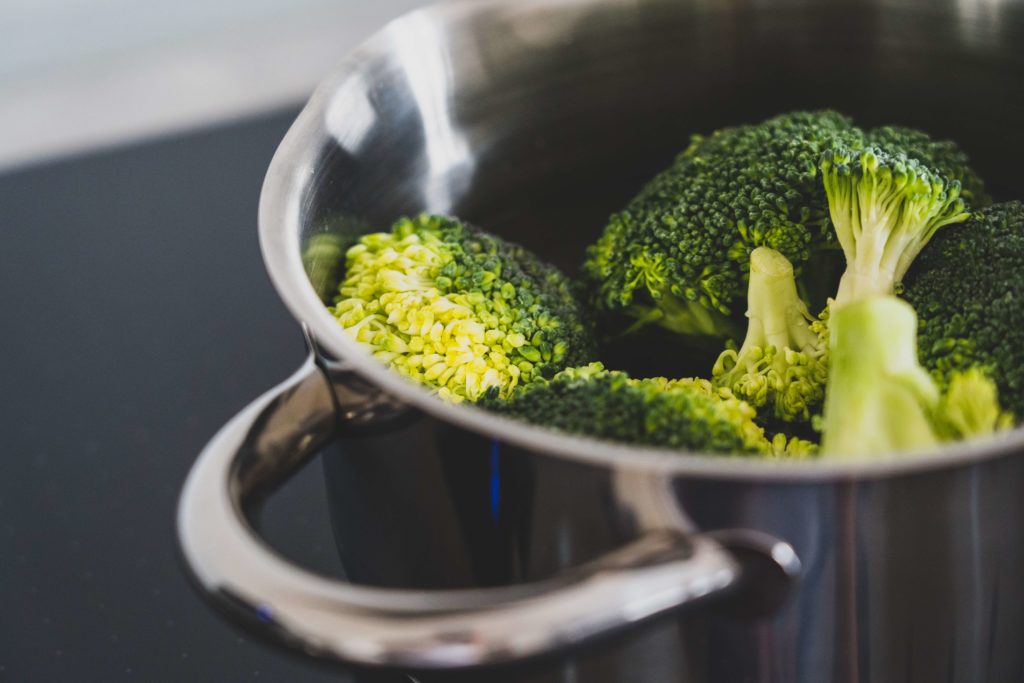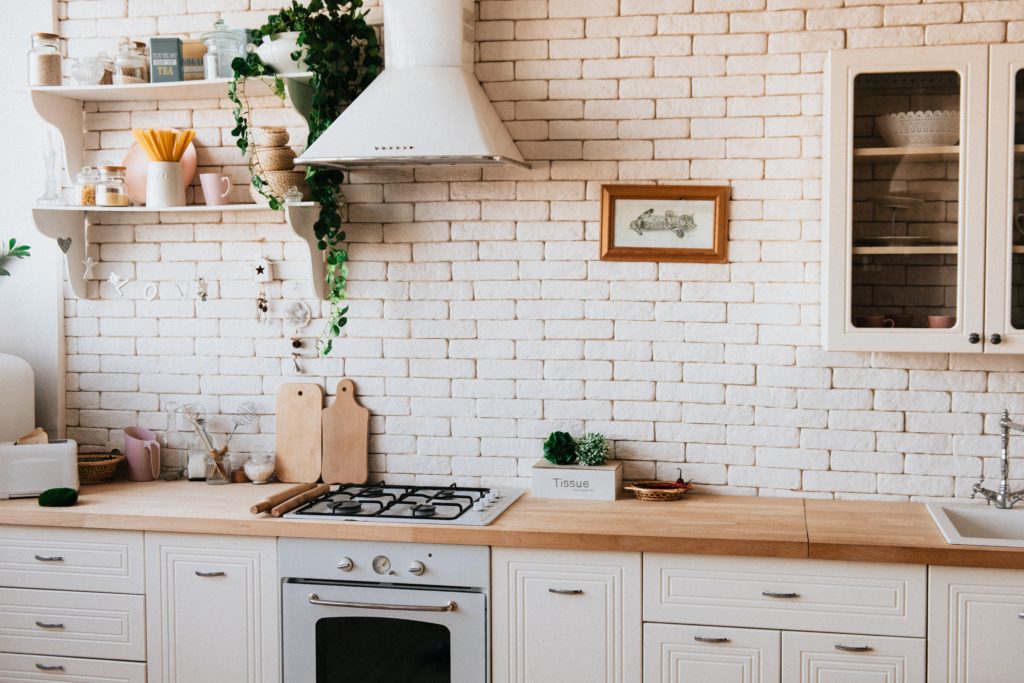What are they?
Kitchen toxins can come in many forms, including: chemicals, pesticides, and plastics. Unfortunately, our modern world is full of toxins that can undermine our hard work to maintain or improve our health. By reducing toxins in our environment, we reduce the amount of stress on our bodies, and increase our body’s ability to heal naturally.
In this blog, I will briefly explain how these sneaky toxins invade our home, how they can impact our health, and share some simple ways we can transition our kitchen into a healthier cooking environment. I want to encourage you not to feel overwhelmed. It’s not realistic to make all these changes at once or even possible to be 100% free of toxins. The goal is to reduce the burden they put on our body.
I recommend picking one of these at a time and making small adjustments. Worrying and stressing over toxins can often be more problematic than the toxins themselves. While toxins do impact our health, you have survived in this world up until now, and this awareness is an opportunity to make more positive change in your life!

Food Quality
Shopping for organic, whole foods is one way we can reduce the amount of toxins we’re absorbing. When I say whole foods I mean, single ingredient foods that come from nature, like apples or chicken! Conventional farmers rely heavily on chemical fertilizers, and pesticides, and research shows that these chemicals impact our hormones, microbiome and burden our liver. Not only does consuming organic produce and animal products reduce our intake of pesticides, chemicals, and GMOs, but organic whole foods contain more nutrients than conventional foods! The more demand there is for organic food, the less of need there will be for these toxins that invade our bodies and environment. If you’re able, growing your own food is another option for improving food quality in your home.
Cooking Fats
The quickest way you can ruin a perfectly healthy meal is by cooking with unhealthy fats. Many oils on our grocery store shelves are highly processed and typically rancid before they even enter our kitchen. Rancid fats cause inflammation, oxidative stress, and can negatively impact our hormones, slowing the body’s ability to heal. Try replacing these unhealthy fats with more nourishing organic fats to improve hormone balance and reduce inflammation.
Avoid These:
- Vegetable oil
- Canola oil
- Margarine
- Shortening
- Corn oil
- Cottonseed oil
- Soybean oil
- Sunflower oil
- Rapeseed oil
Use These Instead:
- Butter
- Ghee
- Avocado oil
- Olive oil
- Coconut oil
- Tallow
- Lard
- Duck fat
- Schmaltz (chicken fat)

Water Quality
Now that we are focused on improving our health and staying hydrated (right, guys??), it’s a good idea to look at how we are sourcing our water. Tap water is often contaminated with bacteria, heavy metals, prescription drugs, and PFAs. Sometimes even well water can be contaminated by pollutants. One simple way you can improve your water quality, by investing in a water filter for your kitchen. There are so many water filters varying in price and abilities, from Zero Water Pitcher ($30) to the AquaTru ($450). Not only will this improve the quality and taste of your water, this can save you money in the long run, and it’s better for the environment than buying bottled water.
Another downside to plastic bottles is they can leak chemicals into our water, especially if we leave them sitting in a hot car or in the garage. Investing in a stainless steel or glass water bottle for your filtered water can prevent those plastic chemicals form contaminating your drinking water and reduce your use of plastic!

Cookware
Studies show that chemicals used to make non-stick pans have been found in the blood of 99% of the world population, including newborn babies. Nothing breaks these chemicals down, so as they accumulate over time they can cause diseases such as thyroid disease and ulcerative colitis, as well as birth defects and multiple types of cancer. To reduce your exposure to these chemicals, replace teflon pans, with ceramic, stainless steel, or a good quality cast iron pan.
Plastic is also made with chemicals and dyes that can leak into our food, especially when heated. Replacing plastic cooking utensils with bamboo, stainless steel is a simple way to reduce unwanted chemicals in your food. I understand replacing all of your cookware could feel overwhelming, but the good news is, you only need one pan and one cooking utensil to get started.
Food Storage
Prevent chemicals, parabens, bisphenols, phthalates and other toxins from leaking into your food by storing and heating food in glass containers, instead of plastic. Phthalates are known to impact fertility and brain development. Bisphenols, like BPA, BPS, BPF, BPB, can disrupt hormone balance and cause cardiovascular issues. Instead of throwing them away, you can recycle the plastic containers in your own home by using them for storing non-food items such as nuts-and-bolts.
If purchasing glass containers isn’t realistic for you, try waiting until your food has cooled before storing it in a plastic container or heating your meals up on the stove instead. I recommend reducing the usage of plastic wrap and sandwich bags for the same reason. Also, aluminum is a neurotoxin that accumulates in the body over time and can affect the function of our nervous system. There are a bunch of great alternatives for food storage like using parchment paper, bees wrap, or silicon food bags.

Cleaning Products
When you think about it, we come into contact with a lot of chemicals when we clean our kitchen: surface cleaner, dish soap and detergent, plastic sponges and brushes. These chemicals can make their way into our bodies through being inhaled, being absorbed through our skin, or touching our food. (Think about soap residue on plates!)
To prevent overwhelming our body’s detoxification with all of the toxins we come in contact with, we can reduce exposure in a few different ways. If you prefer to use conventional cleaning products, wearing gloves or a mask when we are cleaning can reduce exposure to chemicals. We often don’t know what the long term affects of toxins can be. To stay on the safe side, I aim for non-toxic or plant based products like Branch Basics or Castile soap. You could also try my grandma’s homemade surface cleaner by mixing 1:1 distilled white vinegar with water in a spray bottle. You can add some citrus rinds or essential oils to the mix to lessen the vinegar smell.
Which one of these seems like a good place to start for you? Share in the comments below.

